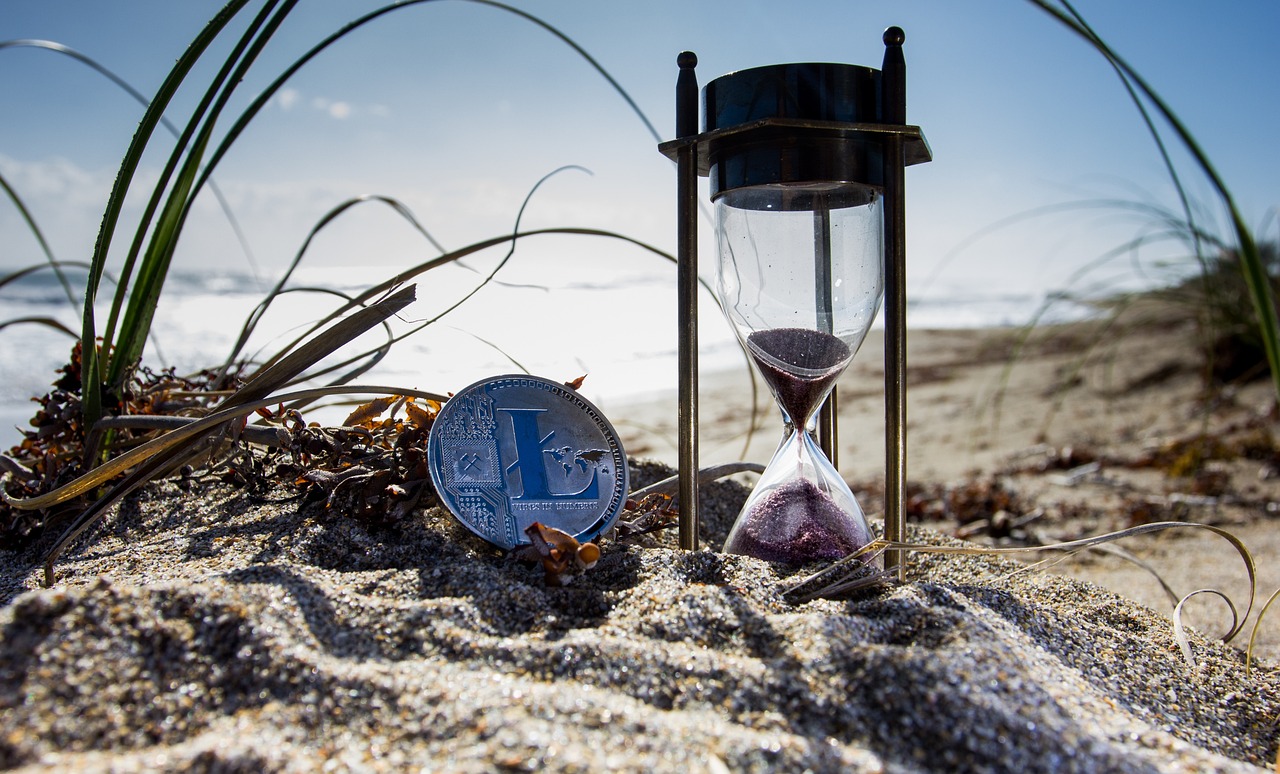Decentralized Autonomous Organizations (DAOs): A Revolution in Governance
In an era marked by technological advancements, Decentralized Autonomous Organizations (DAOs) have emerged as innovative structures that redefine the way organizations are governed and operated. DAOs leverage blockchain technology to empower communities to make collective decisions, manage resources, and pursue shared goals in a transparent and democratic manner.
Understanding DAOs
Definition
A DAO is a peer-to-peer network that operates on the principles of decentralization and autonomy. It is typically governed by a set of rules encoded in a smart contract, which ensures transparency and consistency in decision-making.
Structure
- Membership: DAOs are open to individuals who meet specific criteria and contribute to the organization.
- Decision-Making: Decisions are made through voting, usually using governance tokens held by members.
- Treasury: DAOs have virtual treasuries that hold and distribute funds according to the agreed-upon rules.
Benefits of DAOs
Transparency and Trust
- All transactions and decisions are recorded on the blockchain, providing a complete audit trail.
- Members can verify the legitimacy of actions and hold decision-makers accountable.
Efficiency and Cost-Saving
- Automated processes and smart contracts eliminate intermediaries, streamlining decision-making and reducing operational costs.
- Members can contribute remotely, reducing expenses associated with traditional organization structures.
Use Cases for DAOs
Investment
- Decentralized investment funds allow members to pool resources and vote on investment decisions.
- This approach provides transparency, cost-effectiveness, and reduced risk.
Content Creation
- DAOs can facilitate collaborative content creation, such as writing, research, and art.
- Members contribute their expertise and share ownership of the created content.
Social Impact
- Purpose-driven DAOs unite individuals around common social or environmental goals.
- They provide a platform for funding initiatives, coordinating volunteers, and creating positive change.
Practical Considerations
Smart Contracts
- Carefully designing smart contracts is crucial to ensure the DAO operates as intended and prevents potential vulnerabilities.
- Legal experts should be involved in contract development to address potential disputes.
Tokenomics
- Designing a fair and balanced token distribution system is essential to maintain the DAO’s stability and prevent token manipulation.
- The token’s value should be tied to the organization’s performance to provide incentives for participation.
Conclusion
DAOs represent a transformative force in the world of organizational governance. Their decentralized, transparent, and autonomous nature empowers communities to collaborate and make decisions effectively. As the technology continues to evolve, DAOs are poised to play an increasingly significant role in shaping the future of work, decision-making, and collective action. By harnessing the power of blockchain and engaging diverse communities, DAOs can drive innovation, foster collaboration, and create a more equitable and inclusive society.
